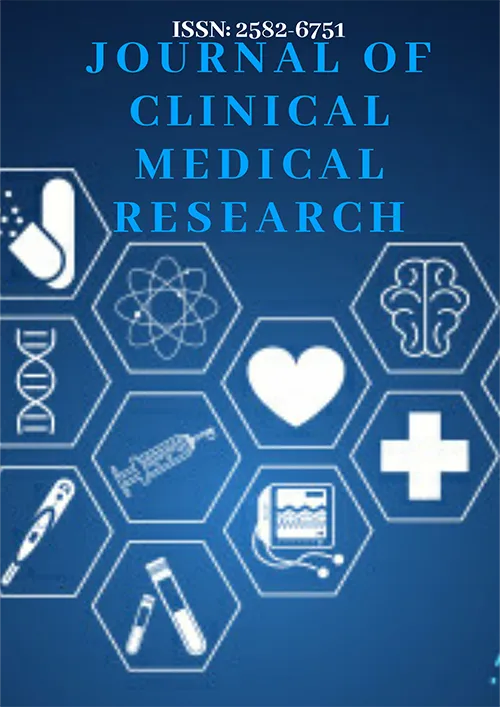Plagiarism Policy
At the Journal of Clinical Medical Research (JCMR), maintaining the highest standards of integrity in scholarly publishing is paramount. Plagiarism, in any form, is considered a serious violation of academic and ethical norms. As stewards of academic integrity, we are committed to upholding originality and honesty in research and publication.
Forms of plagiarism
- Plagiarism encompasses various forms, each of which undermines the integrity of scholarly work. These include:
- Direct copying of text, data, or ideas from another source without proper citation.
- Paraphrasing or rephrasing content without acknowledging the original source.
- Self-plagiarism, where authors reuse their own previously published work without proper citation.
- Verbatim or near-verbatim translation of content without providing appropriate attribution.
- Unauthorized use of intellectual property, such as images, figures, or tables, without crediting the original creator or obtaining permission.
Consequences of plagiarism
- Plagiarism tarnishes the reputation of authors, institutions, and the scholarly community as a whole. At JCMR, we take a firm stance against plagiarism, and the consequences may include:
- Immediate rejection of manuscripts found to contain plagiarized content or requests for revisions to address the issue.
- Notification to authors’ institutions or funding agencies in cases of serious or repeated plagiarism.
- Imposition of temporary or permanent submission bans for authors found guilty of plagiarism.
- Retraction of published articles containing plagiarized content in accordance with JCMR’s correction and retraction policy.
Preventing plagiarism
- Authors play a pivotal role in preventing plagiarism by adhering to ethical guidelines and best practices. Key preventive measures include:
- Thoroughly citing and referencing all sources used in the research, ensuring proper attribution.
- Clearly distinguishing between original ideas and those derived from existing literature through appropriate citation.
- Seeking permission for the use of copyrighted material, including images, tables, and other intellectual property.
- Avoiding self-plagiarism by citing and referencing any previously published work that is reused in a new context.
- Utilizing plagiarism detection software, such as Turnitin, to identify and rectify any instances of unintentional plagiarism before submission.
Plagiarism induced by repository deposition
- Authors who submit manuscripts previously deposited in repositories or theses must exercise caution to avoid unintentional plagiarism. Specific considerations include:
- Providing clear citation and attribution to the initial repository or thesis.
- Ensuring compliance with copyright agreements or licensing terms for material deposited in repositories.
- Reusing content from repositories or theses only after proper paraphrasing and attribution to the original source.
- Transparently disclosing repository deposition during the submission process to facilitate thorough review and assessment by the editorial board.
Utilization of turnitin for plagiarism detection
- JCMR employs Turnitin, a leading plagiarism detection tool, to meticulously evaluate the originality of every submitted manuscript. This comprehensive approach includes:
- Conducting two thorough checks using Turnitin: one during the initial submission before peer-review and another before final acceptance, encompassing all peer-review and revision stages.
- Employing Turnitin as a vital tool in preserving the authenticity of all submitted manuscripts and upholding the journal’s commitment to scholarly integrity and original research.
Stringent guidelines and clearance requirement
To uphold the highest standards of academic integrity, JCMR has implemented stringent guidelines to ensure that instances of plagiarism do not exceed 20% at any stage of the manuscript submission process, including during the revised manuscript submission. This rigorous approach underscores our dedication to maintaining scholarly integrity and fostering a culture of originality and honesty in research and publication.

